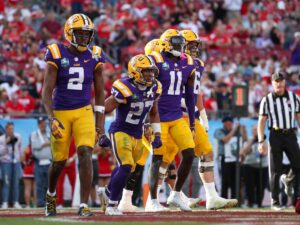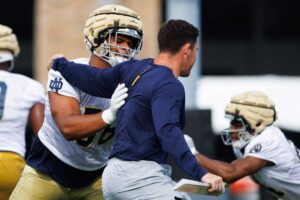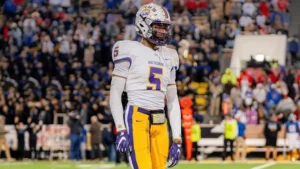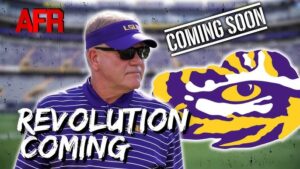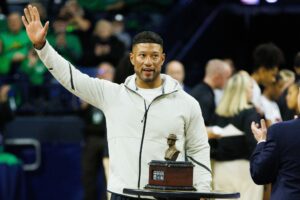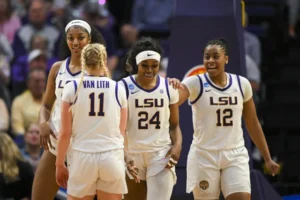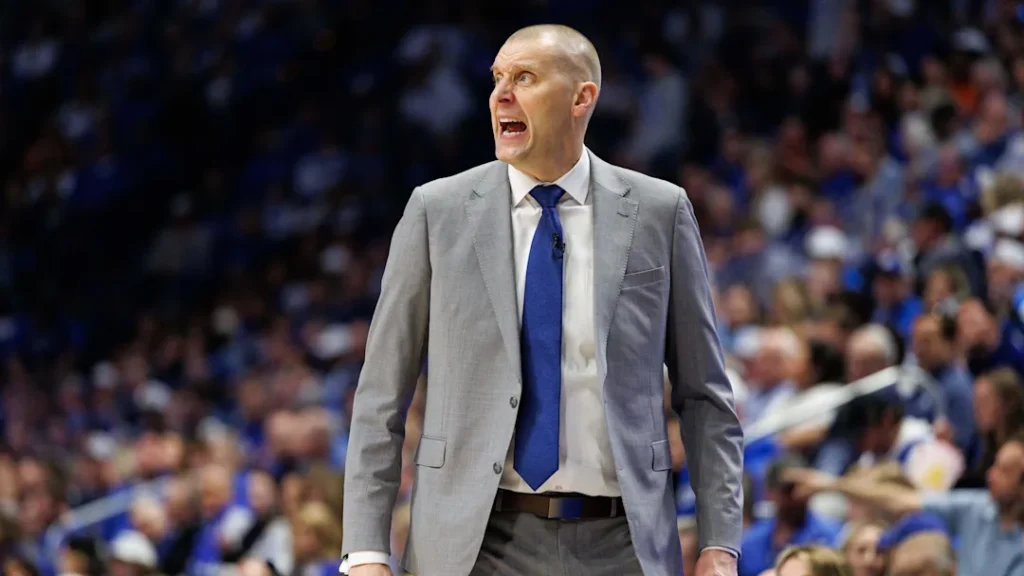
Kentucky’s Global Gamble: Mark Pope’s Pursuit of Two European Guards Signals Bold New Era
Kentucky head coach Mark Pope hasn’t wasted a moment in putting his stamp on the Wildcats program. After taking the reins from John Calipari, Pope has leaned into his reputation as an innovator and relentless recruiter. His latest move? A transatlantic recruiting push that has the college basketball world talking. Pope is actively pursuing two highly skilled European guards, each with the potential to alter the trajectory of Kentucky’s 2025–26 season and beyond.
This move marks a significant strategic shift for the Wildcats. Historically, Kentucky has drawn its talent primarily from elite American high schools and the transfer portal. Calipari thrived on blue-chip recruits and one-and-done stars, while Pope’s early efforts suggest a more nuanced, international approach to roster building. It’s a reflection of both the changing nature of college basketball and Pope’s willingness to take bold swings.
The European guards on Kentucky’s radar are not mere depth pieces. These are high-IQ, skilled players who can shoot, pass, and create offense. They bring with them years of professional development under FIBA systems, which often emphasize fundamentals, spacing, and decision-making. Pope is betting that these attributes will mesh well with the style he’s bringing to Lexington—fast-paced, spacing-heavy, and system-driven.
The identity of the two guards remains under wraps publicly, but insiders indicate that Kentucky’s staff has traveled overseas and held advanced conversations with both players and their representatives. One is said to be a 6-foot-5 combo guard with elite vision and a feel for the game that belies his age. The other is a shifty, score-first guard from the Balkans with a deadly jumper and sneaky athleticism. Both are viewed as NBA prospects, and both are reportedly intrigued by the chance to play under Pope in the SEC spotlight.
Pope’s interest in the European market isn’t entirely surprising. While at BYU, he occasionally explored international recruiting and has long been an admirer of the European development model. He’s made no secret of his admiration for the style of play across the Atlantic, which places a premium on passing, off-ball movement, and basketball IQ. Now that he’s at Kentucky, with the resources and brand power to truly compete on the world stage, he’s capitalizing on opportunities that other programs may overlook.
This approach also signals something broader: a willingness to adapt. Pope recognizes that the American basketball pipeline has changed. The traditional high school-to-college route is no longer the only path to success. Players from Australia, Europe, and Africa are making waves in both college and pro basketball. The G League Ignite and Overtime Elite have disrupted the ecosystem even further. To keep Kentucky at the forefront, Pope must be willing to explore every option—and he is.
There’s also the NIL factor. For international prospects, American college basketball offers a unique blend of exposure, development, and compensation. The opportunity to play on national television, in front of sold-out crowds at Rupp Arena, while building a personal brand, is a strong selling point. Kentucky has the infrastructure to offer all of that. Pope’s pitch to international players is not just about basketball—it’s about building a future.
Recruiting internationally is not without its challenges. The NCAA’s eligibility rules can be complex when dealing with players who have played for professional teams overseas. There are also language barriers, cultural adjustments, and the challenge of integrating players who may not be used to the physicality of American college hoops. But Pope seems undeterred. He’s assembling a staff that understands how to navigate those issues, including personnel with international scouting and coaching backgrounds.
In truth, this push into Europe may be the first of many for Pope. It’s not just about these two guards—it’s about building a broader pipeline. Programs like Gonzaga have shown the value of international recruiting. The Zags tapped into Canada, France, and Japan to great effect. Arizona, under Tommy Lloyd, has similarly thrived by looking abroad. Pope sees that model and believes Kentucky can do it even better.
What remains to be seen is how this all plays out on the court. College basketball, for all its evolution, still demands toughness, athleticism, and a willingness to compete night after night. The SEC is a physical league, and Pope will have to make sure his roster can handle the grind. But adding high-IQ guards who can space the floor and control the tempo could give Kentucky a different kind of edge.
In many ways, Pope’s recruitment of European guards is symbolic of his broader mission at Kentucky: evolve without abandoning the tradition. He’s not trying to be Calipari 2.0. He’s trying to build something that reflects who he is as a coach—sharp, adaptable, and forward-thinking. The pursuit of international guards, with professional polish and untapped upside, fits that mold.
There’s also an emotional component to this push. Pope, a former Kentucky player himself, understands the weight of the jersey. He knows what it means to compete in front of Big Blue Nation and what it takes to win in Lexington. That emotional connection gives him credibility with fans and alumni, but it also fuels his desire to push the program to new heights. Bringing in talented international guards is not just about adding skill—it’s about broadening the program’s reach and ambition.
As for the current roster, Pope is simultaneously working the transfer portal and talking to 2025 recruits. He’s trying to build a roster that blends experience, athleticism, and shooting. The two European guards are seen as potential glue pieces—guys who can tie everything together and elevate the play of those around them. Whether they commit or not, the fact that Kentucky is seriously in the mix for their talents is telling.
It’s early in Pope’s tenure, but he’s already showing he’s not afraid to take risks. Recruiting European players to Kentucky might not have been part of the playbook five years ago, but today it feels like a smart, modern move. It’s also a reminder that the Kentucky brand is still powerful. When Pope calls, people pick up—even if they’re thousands of miles away.
In the coming weeks, more clarity will emerge. Visits may be scheduled. Commitments could follow. But even if Pope doesn’t land both guards, the message is clear: Kentucky is going global. The program is expanding its horizons, and Pope is leading the charge.
This won’t be the last time Kentucky fans hear about international recruits. Pope is building relationships and establishing trust in markets that will continue to produce elite talent. He’s not just chasing the next Luka Dončić or Franz Wagner—he’s trying to build a model that sustains itself, year after year. That kind of thinking is what could elevate Kentucky from contender to powerhouse once again.
For now, all eyes are on Pope’s international ambitions. The pursuit of these two European guards is a fascinating subplot to his first offseason in Lexington. But it’s more than that. It’s a statement of intent. Kentucky under Mark Pope is going to be bold, global, and relentlessly forward-thinking. Whether or not the guards sign, the impact of this strategy is already being felt.
In a landscape where programs either adapt or fall behind, Pope is choosing to adapt—and then some. Kentucky basketball may be steeped in tradition, but its future is being written in new, unexpected places. Right now, part of that future may be unfolding across the Atlantic. And if Pope has his way, it won’t be long before the sound of Rupp Arena echoes with cheers for a pair of European imports who took a chance on Kentucky—and helped reshape the program in the process.
